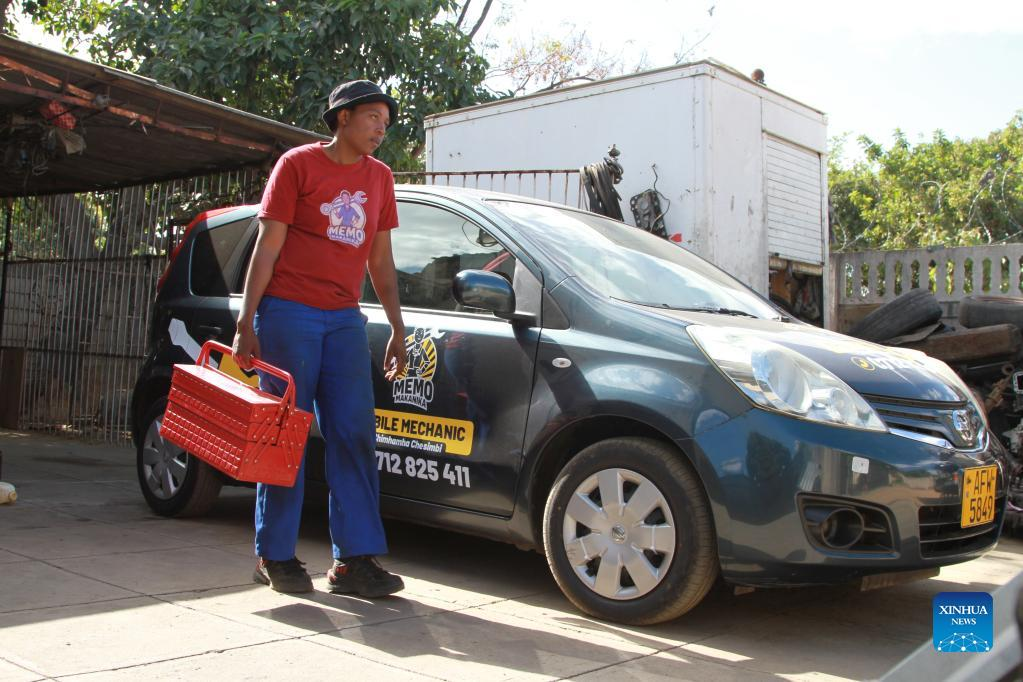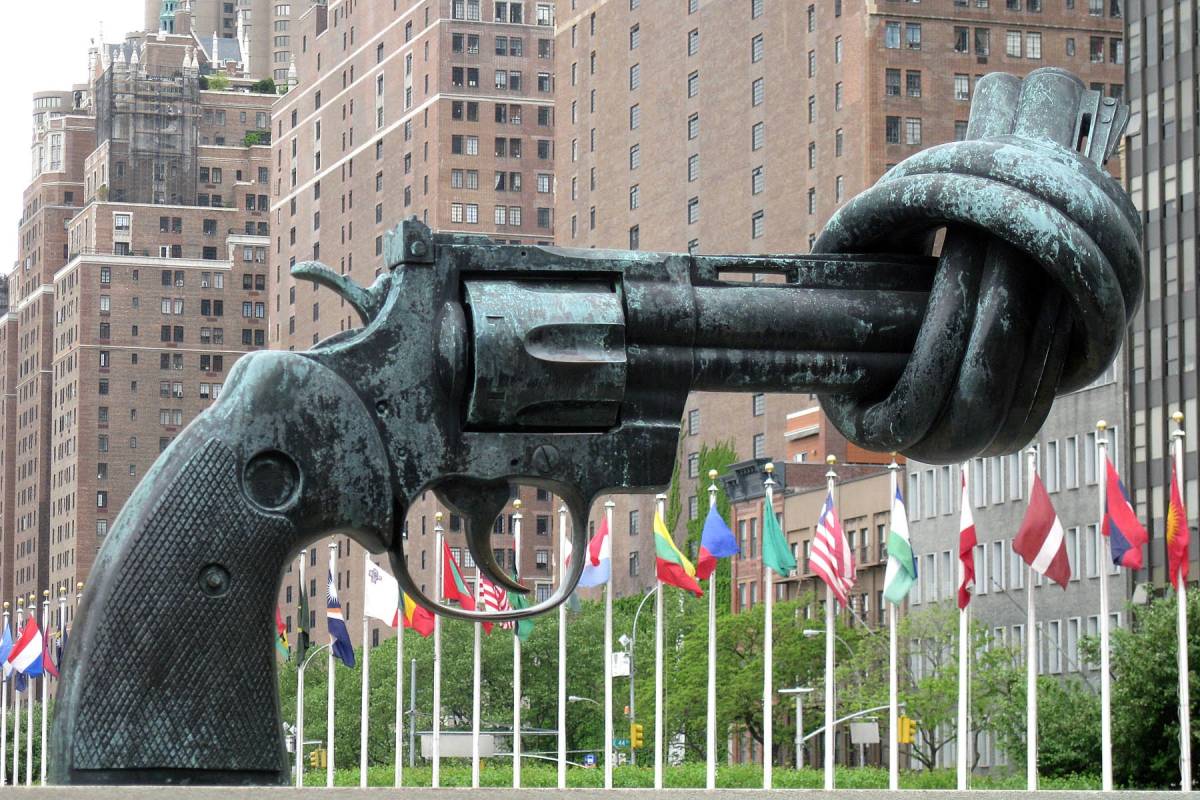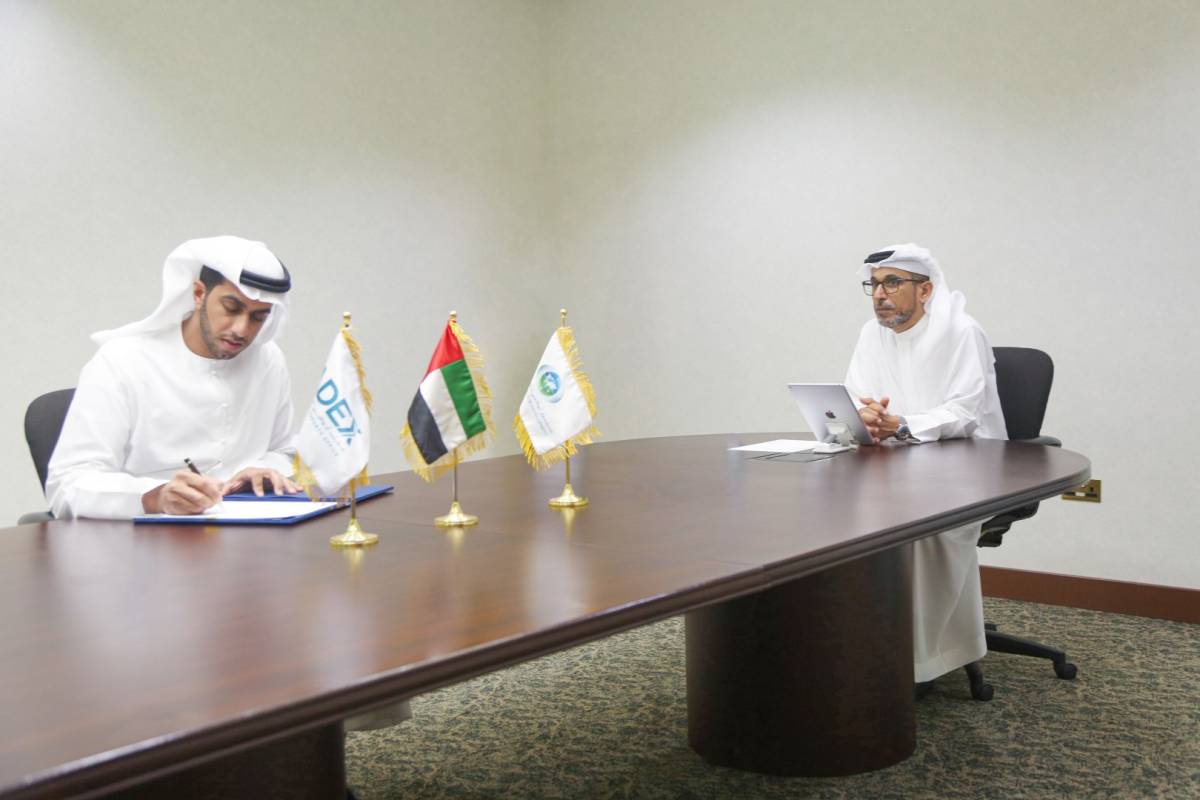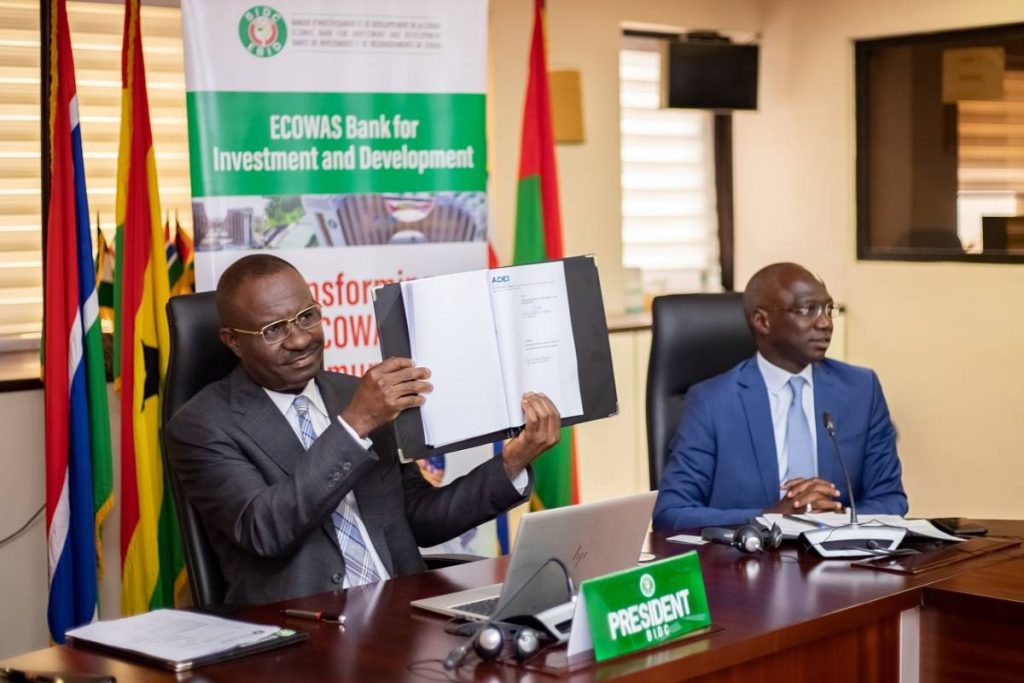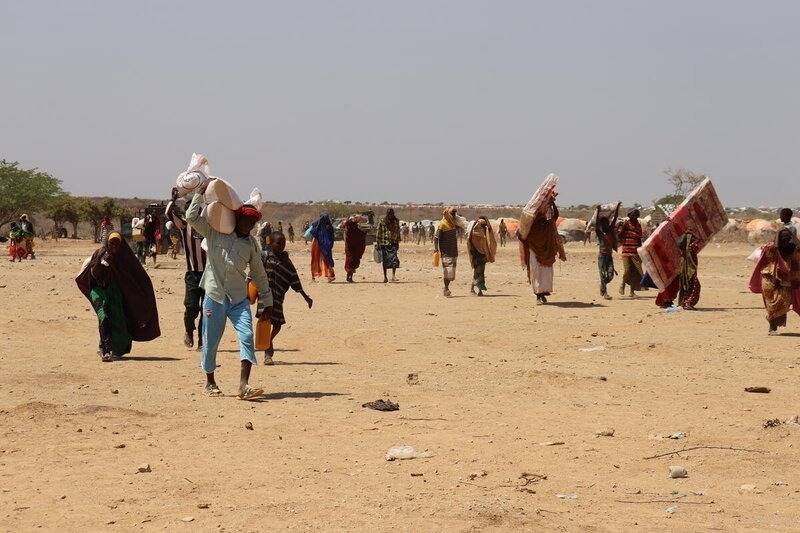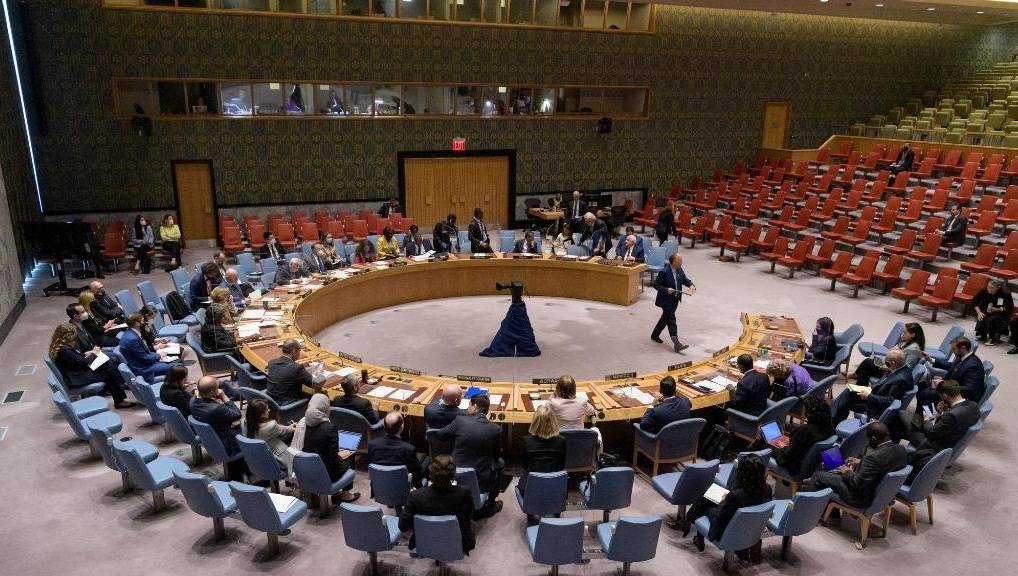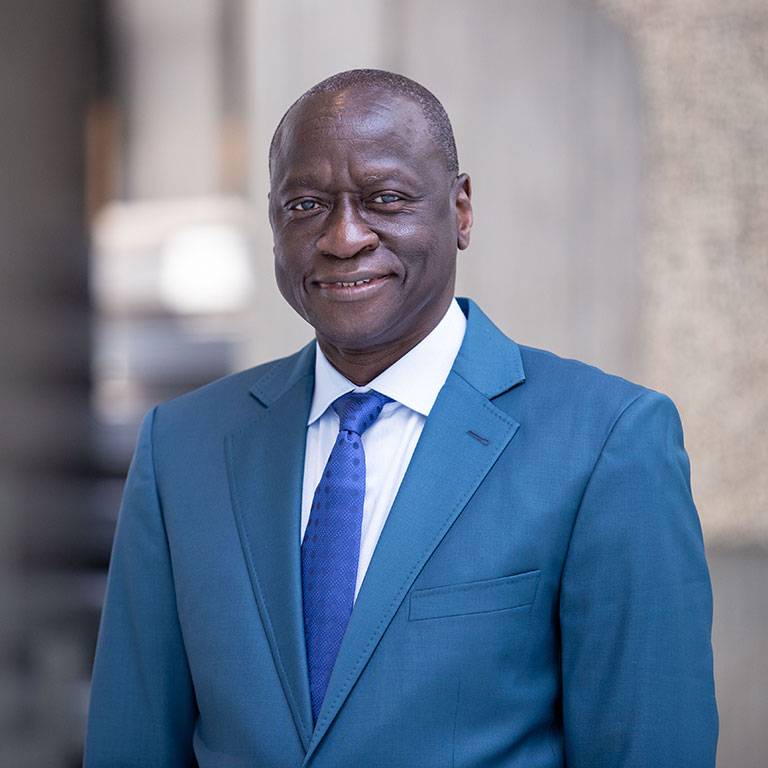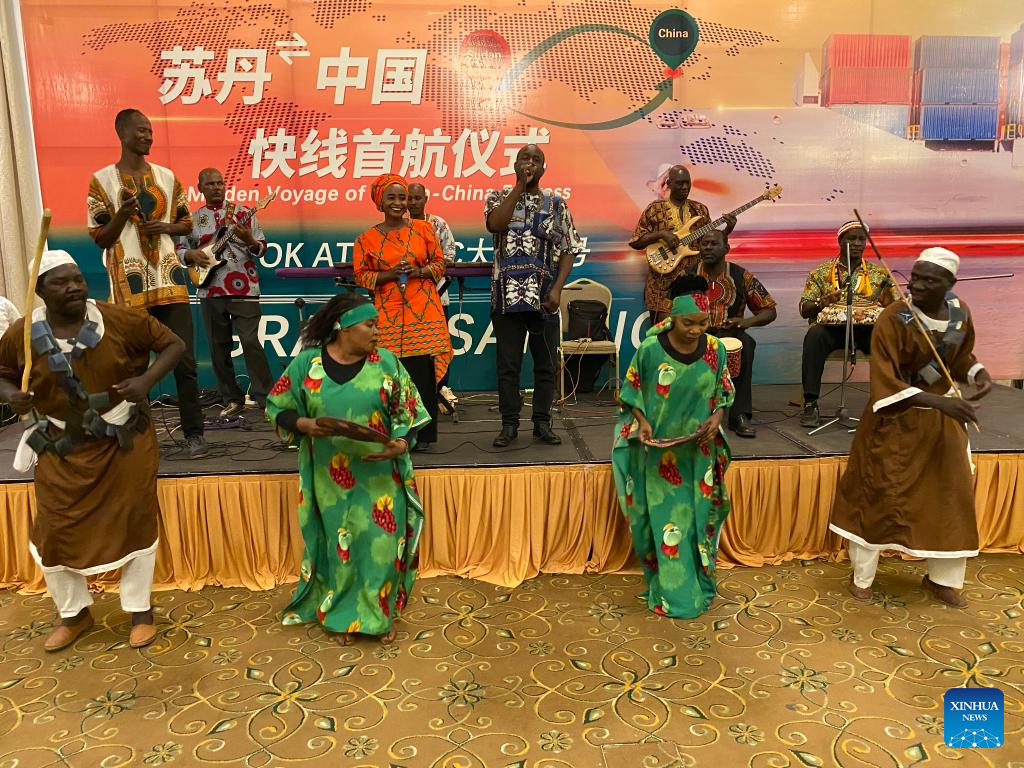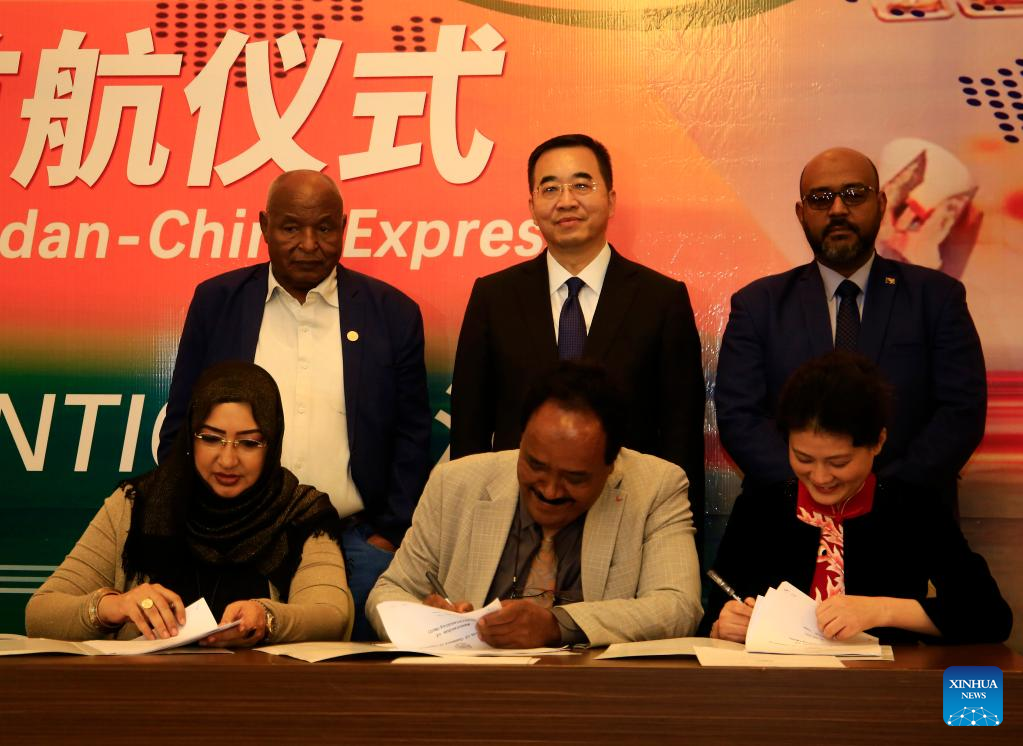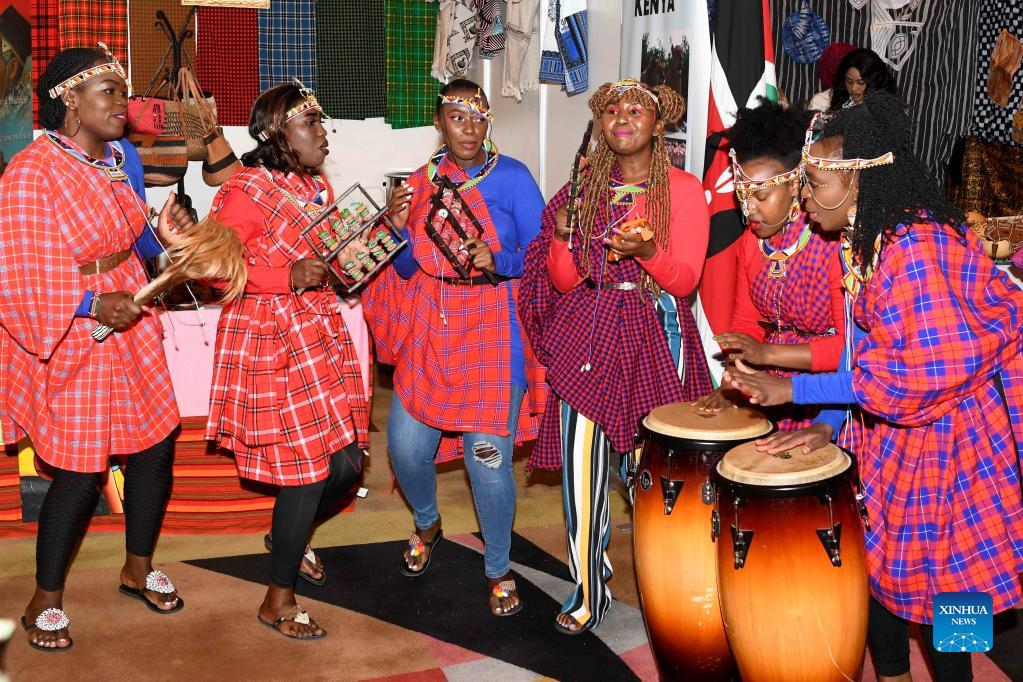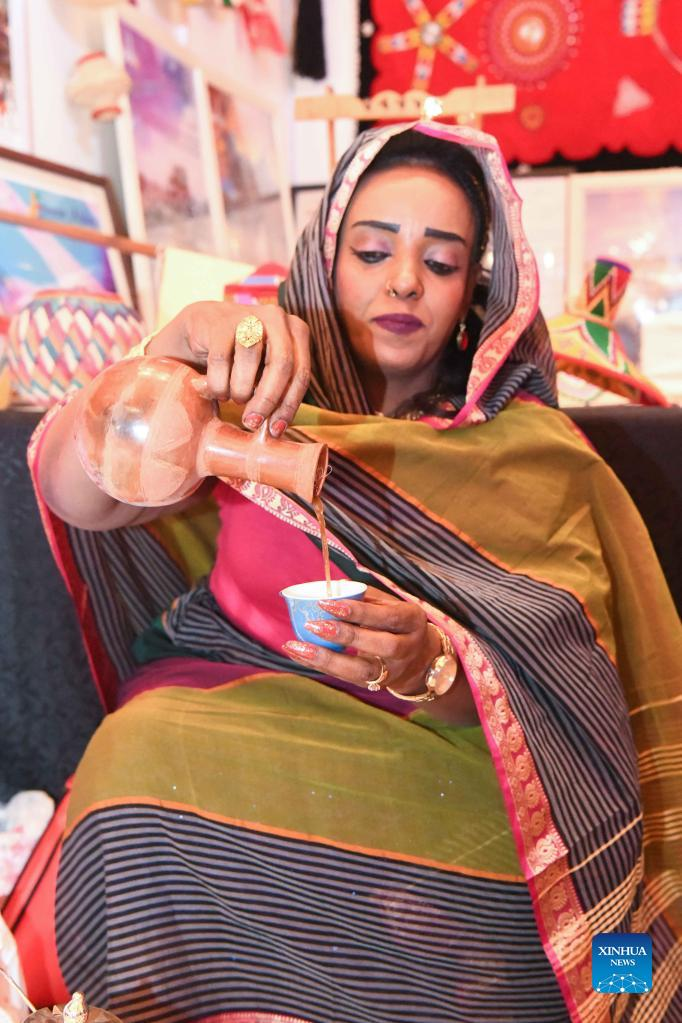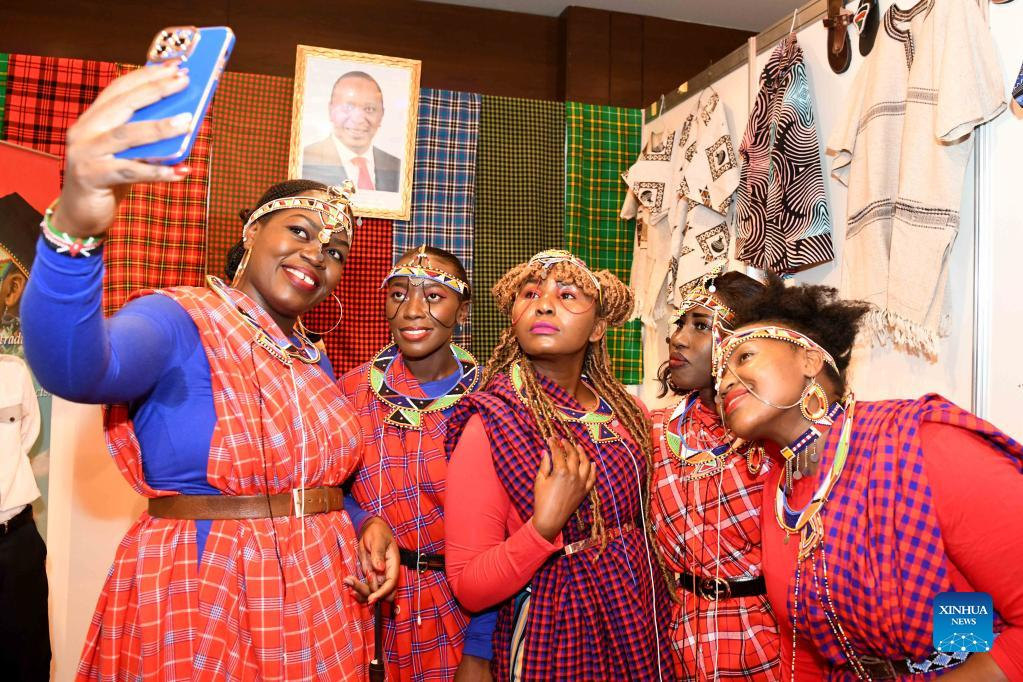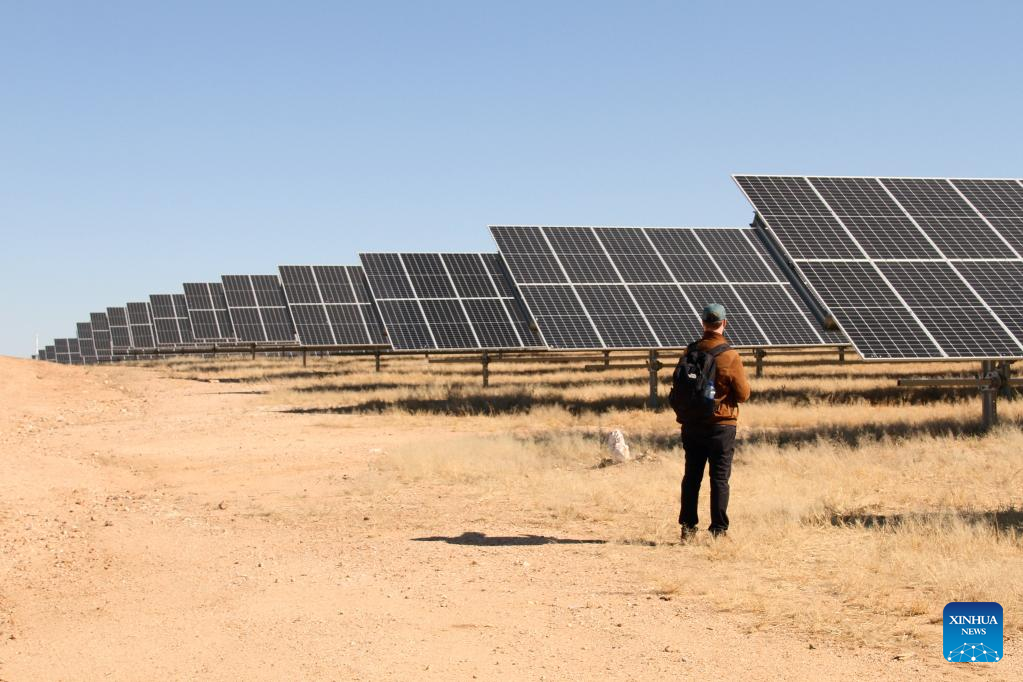Female motor mechanic inspires women to break gender barriers in Zimbabwe … A special report by Tafara Mugwara
When most people think of a motor mechanic, what they often visualize is a man covered in grime and grease — the idea of a woman under the hood is still strange to many people.
Memory Bere, however, is not the stereotypical mechanic. She is among a growing number of female motor mechanics smashing gender bias and driving change in the male-dominated automotive repair and maintenance industry.
“As a female mechanic, my goal is to break the gender bias in the motor mechanic industry and create the next generation of vibrant female motor mechanics,” Bere, 30, told Xinhua at her workshop in Chitungwiza, a town near Harare, the capital of Zimbabwe.
Her ambition is to encourage more women to become motor mechanics.
“When I grew up, my father had a Datsun 1500 and I used to call it a ‘scoro-scoro’ car because each and every time that car would give him problems. So whenever he was fixing his car I was always by his side as his spanner girl,” said Bere.
When she finished high school, Bere enrolled in a motor mechanics course.

“The first challenge which I faced was I was the only female mechanic in class and when I finished mechanics I started looking for a job and I couldn’t find one here in Zimbabwe then I decided to go to South Africa. When I went to SA it was also not easy since motor mechanics is a male-dominated field,” she recalled.
When she finally got a job, Bere said she could not find a female mentor to look up to. “I decided that I want to show to the world as well as to the young generation which also wants to follow me that no job is meant for a man or woman. As long as you believe and have faith in yourself that you can do it, you can do it,” she said.
The journey has not been easy as society has set the bar unfairly high for women who have to work harder than men to receive the same recognition. Despite her colorful resume, some customers still lacked faith in her and would frequently ask to be served by a male mechanic.
“There was this customer, he brought his BMW and he wanted to change brake pads. My boss asked me to change the pads. So I changed the brake pads and then after I finished tightening the wheels the customer noticed I was the one who was doing his car. Then he asked one of my colleagues to cross-check if I had done the right thing. Apparently, he didn’t know that the guy whom he was calling was my assistant mechanic,” she said.
Bere said she realized that gender bias was ingrained in society as fellow women also failed to support her.
“When I entered the field as a female, I expected to get support from other women but unfortunately I couldn’t get one because some ladies were looking down upon me that have you ever seen a female mechanic. It’s something which is unbelievable especially in our culture that a lady can do a man’s job,” she said.
Despite the lack of support, facing sexual harassment and experiencing offensive jokes at the workplace, Bere managed to create a name for herself. “There are some incidences whereby you find that those guys might fail to fix the car and at the end of the day they will call me and I will go there and fix the car. So it means I have already proved myself that I can do this job, and I am even more qualified.”
Bere’s secret to success has always been going the extra mile.
“I always believe in a word of saying a woman’s touch is perfect. And when I am doing my job even my customers know that I always make sure I do it perfectly, and I don’t have any job whereby it’s a comeback job,” she said.
Bere has since started going to schools encouraging girls to pursue careers in male-dominated fields.
ALSO READ:STOLEN CHILDHOOD IN AFRICA
“Young girls should consider taking trades in the male-dominated fields because these male-dominated fields are more practical. You don’t need much of your education. What you need to do is only to know practical as well as to use your hands to work,” she said.
The mechanic said she found her job to be a rewarding profession on many levels. Now her goal is to see more young women entering the industry.
Currently, she is grooming more than 20 female mechanics who are interning at various companies

